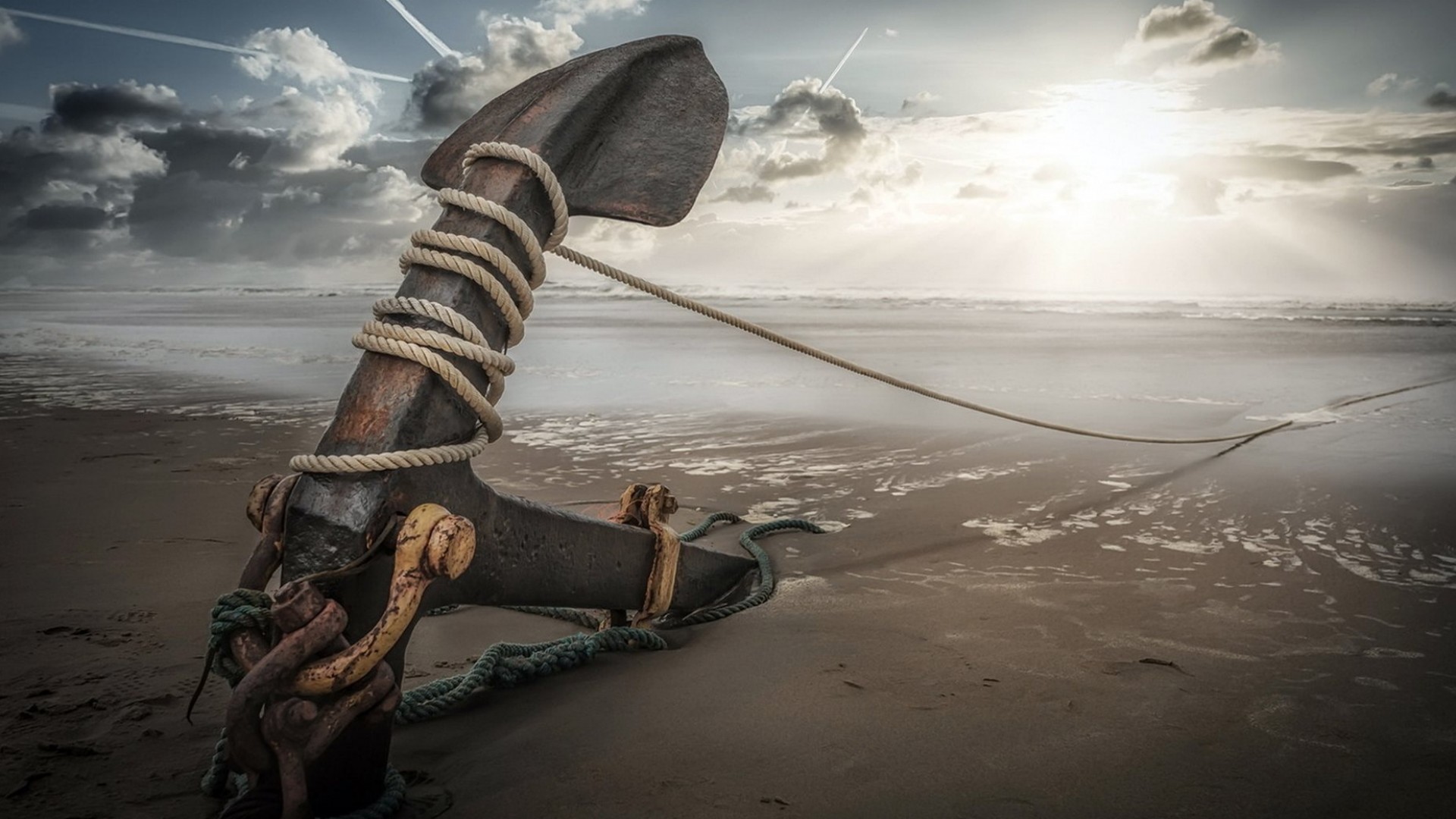
Books: Finding My Muse on Main Street, Homegrown Tomatoes, and Mentoring Boys to Men
We are often called to stand by a friend, offering a hand and being their anchor.
A friend was recently in the middle of a storm in his life, a challenge that required his full concentration and talents. I knew he was up for the challenge, and had been preparing for it for some time, with a great deal of thought and energy. He was focused, zeroing in on what needed to be done, what was critical for success.
Yet, the task was daunting, overwhelming at times.
“I’ve never done this before,” he confided in me. He voiced doubt, insecurity, talking of the old demons that walked through his life, and so many lives of people I know, including my own.
I’m good at doubting myself, finding pessimism and self-criticism in abundance. There’s a lot of things I haven’t done before either. Walking into new territory is perilous. I’ve failed, too, and have those recurring thoughts of worthlessness and inadequacy. The journey opens me up to be vulnerable and to risk failure and criticism. The worst critic is often me, and I can readily rattle off a long list of why I will fail at something. Others tell me I’m not alone in having that self judgement and self-sabotage. Friends can joke with me that such talents can be turned around, becoming our greatest strengths.
Sometimes, I’m the storm-tossed boat and sometimes I am the anchor for someone else. Life is like that, taking turns with others, being on each other’s journeys, a hand reaching out to another hand.
With my friend, I sensed a need to step forward and be an anchor. I invited myself along in his task, volunteering to be the listener to a long litany of doubt and fear, the one who waits while he took on his challenging task. It took almost everything he had to meet his challenge, and he had to do it alone.
I held space for him, being nearby, prepared to give both comfort and encouragement. The nature of the challenge didn’t allow us to communicate, but in important ways, we did. He knew I was there, being supportive, being present, being the vessel of his hopes and dreams, fears and doubts. I accepted all of that, absorbing the bad, reflecting the good of who he was and what he was experiencing.
When the Hurculean task was done, I was the giver of hugs, the cheerleader, the repository of his relief and his doubts that they had done a good job. I encouraged, I empathized. I was the listener in chief.
Afterwards, I took him to dinner and a well-earned beer. He could barely get in the truck and buckle his seatbelt, his sentences just fragments, a serious case of being “brain dead”.
I made sure that he could look out into nature as he ate and began to process the day’s experience, unwinding and coming into the normal world, able to breathe in the beauty of this day.
I recalled other “anchoring” duties, many of them in the arena of hospitals and bedsides; the stark and cold visiting areas in jails and outside courtrooms; the midnight talks when there seemed to be no hope, no direction into the future. There was the time I sat in a darkened room, the pistol cocked and loaded in my buddy’s lap, clenched in his fist, as he cried out the tragedy of his life. The time my aunt was my anchor, inviting me over to tea but really calling me to task, taking me into a profound conversation about life and my future.
Anchoring changes lives and saves lives. There’s magic, because one often doesn’t know what really works to help give that essential support and love.
When duty calls, you show up and you become the anchor, the rock, and hopefully the healer. The work is a gift from the heart. When your own storm is raging, you remember you need your own anchor, and you reach out to someone who cares. Then, you truly realize the power of this gift.
We are called, as humans, to hold space for others, to be their anchor in the storms that buffet their lives. We need to be a witness, a presence in their lives, so that they are not alone, they can know that they matter to others, that their struggles are honored, their journeys worthwhile.
8/1/19


